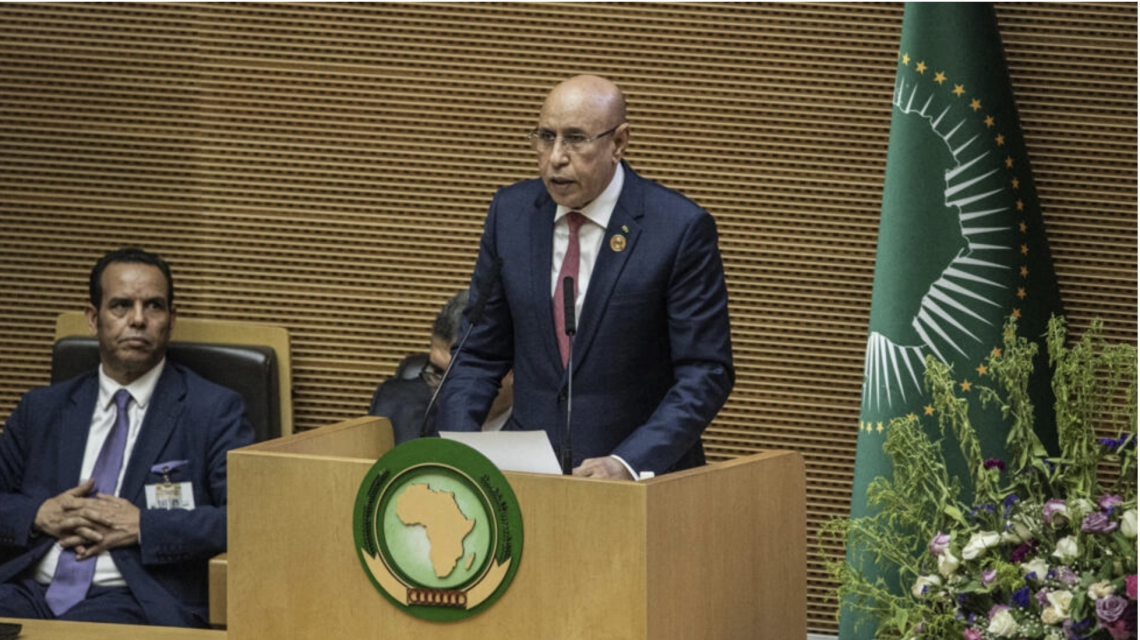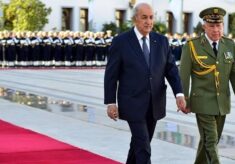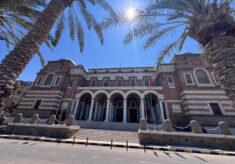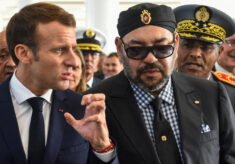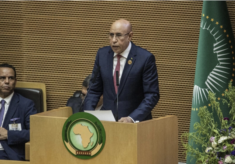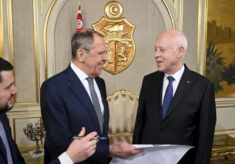The electoral season that will see many countries around the world go to the polls in 2024 will not spare the Maghreb, where a reconfiguration of the regional landscape is currently ongoing. Expected later this year, Algeria announced early presidential elections in September, when the incumbent Abdel Majid Tebboune is expected to gain a second mandate, with the favour of the powerful military that played a pivotal role during the transitional period after the fall of Abdelaziz Bouteflika. No surprises are also expected in neighbouring Tunisia, where President Kais Saied is all but sure to be reconfirmed at the Palais de Carthage for a second five-year term, following a rule where the opposition was either vanquished or imprisoned.
While questions continue to surround the ghostly electoral process in Libya, there is yet another Maghreb country that will head to the ballot boxes in June 2024. Frequently off the radar, but increasingly important in the eyes of regional peers and international partners, Mauritania will have presidential elections in June. Also in this case, President Mohamed Ould Cheikh el-Gazouani is expected to be re-elected, taking into account the strong performance of the ruling el-Insaf party in the general elections last year. The five-year prison sentence for corruption and money-laundering issued last December against his predecessor, Mohamed Ould Abdel Aziz, also put an end to the political power struggle that have been going on in Nouakchott for quite some time.

In a much more comfortable position than before, Gazouani is raising his profile on the continental stage. In February he was elected by the Heads of State of the African Union as Chairperson of the regional organisation. His election as a candidate from North Africa (the regional bloc expected to hold the rotating presidency this year) has been eased by the difficulties of his regional peers. Saied’s attack against sub-Saharan migrants has embarrassed Tunisia, while the Maghreb divide between Algeria and Morocco has widened in recent years, especially after Rabat’s normalisation of diplomatic ties with Israel. As Libya remains engulfed in its frozen conflict and Egypt already had the chairmanship in 2019, Mauritania remained the only choice by exclusion.


